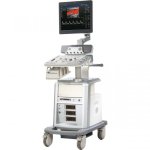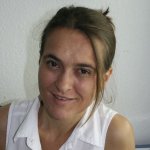
Sectra launches next-generation mammography workstation
At RSNA 2009, Sectra launches a new breast imaging PACS workstation built on Sectra RapidConnect technology. With this next-generation mammography workstation, Sectra focuses on customer productivity and wide area radiology.

















